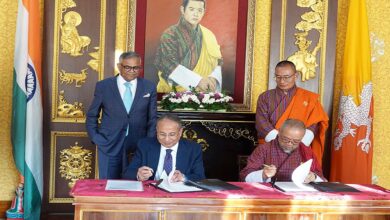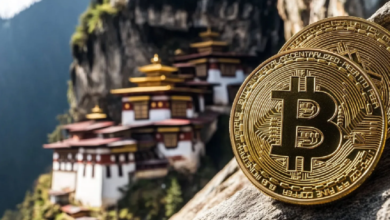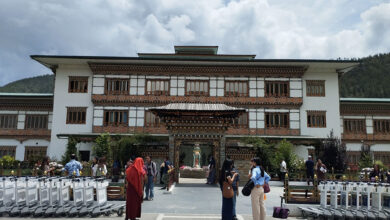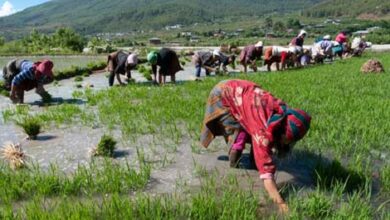Bhutan premier backs sustainable tourism push
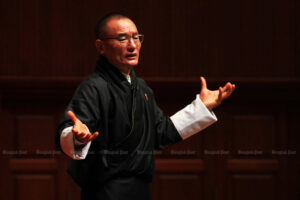
Bhutan and Thailand could work together to push forward sustainable tourism, Bhutanese Prime Minister Tshering Tobgay said on Thursday.
He made the remarks at an “Enlightened Leadership” event hosted by the Royal Bhutanese Embassy, the Thai Ministry of Foreign Affairs and the Institute of Asian Studies at Chulalongkorn University.
Mr Tobgay was asked how Thailand could learn from Bhutan, which is globally renowned for its pristine nature and exemplary principles for ensuring tourism is sustainable.
He said that would be challenging given the different contexts — Bhutan has a population of 700,000 people compared to 67 million in Thailand, for example — but the two countries could work together in sharing their knowledge and success stories.
Thailand also has a more diverse geographical terrain compared to Bhutan, which is a mountainous country.
According to the Bhutanese Tourism Department, 70% of its land is covered by forest with more than a third under ecological protection.
Ecotourism, defined as “responsible travel to natural areas and habitats, which conserves the environment, respects the culture and traditions of its people”, has been adopted by the Bhutanese government for the development of sustainable tourism.
Its strict tourism tariff policy, called the sustainable development fee (SDF), also helps strengthen the country’s “high value, low volume” tourism principle and ensures exclusivity for high-quality visitors, Mr Tobgay said.
Visitors entering the Kingdom of Bhutan are required to pay the SDF, currently copy00 per day for adults and $50 for children aged 6-12. The fee, which goes directly to the government, is allocated to various projects for their long-term, sustainable development to support the well-being and livelihood of local people, as well as boosting the economy.
That includes free healthcare and education as well as the improvement of facilities and services in the tourism industry.
The fee is also an important source for maintaining forest preservation and the country’s carbon-neutral status, Mr Tobgay said.
“Although Thailand and Bhutan are different, it is important that we exchange knowledge and work together to push forward issues of sustainable tourism,” he added.

